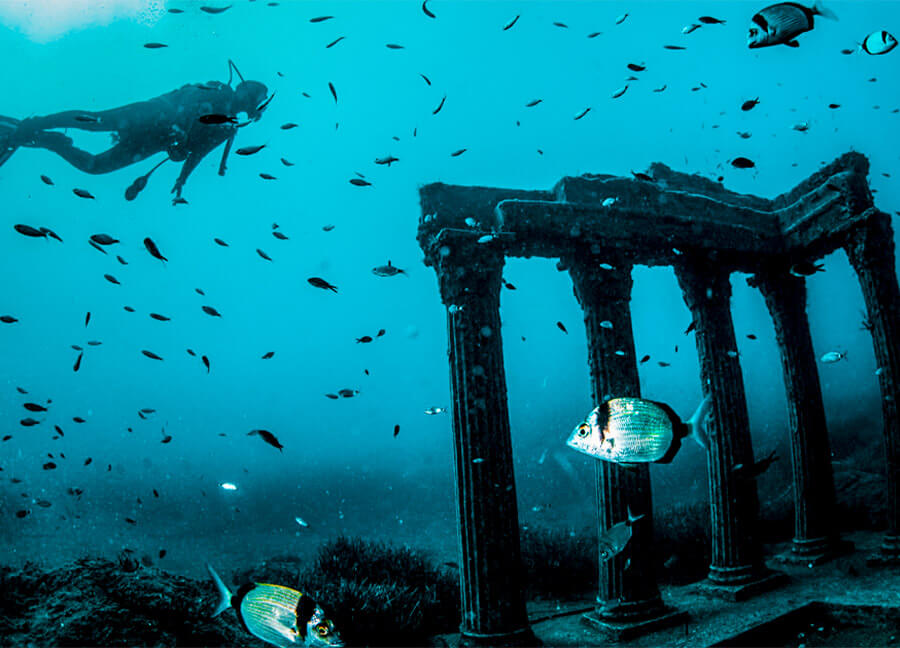
Türkiye’s first underwater museum “Side Underwater Museum”
Side Underwater Museum is Türkiye’s first underwater museum, located in the Side holiday resort of Antalya’s Manavgat district, projected by the Antalya branch of the Chamber of Shipping, 1.5 miles off the coast and at an average depth of 12 to 20 meters. It is a museum where 117 sculptures, determined as 5 different themes
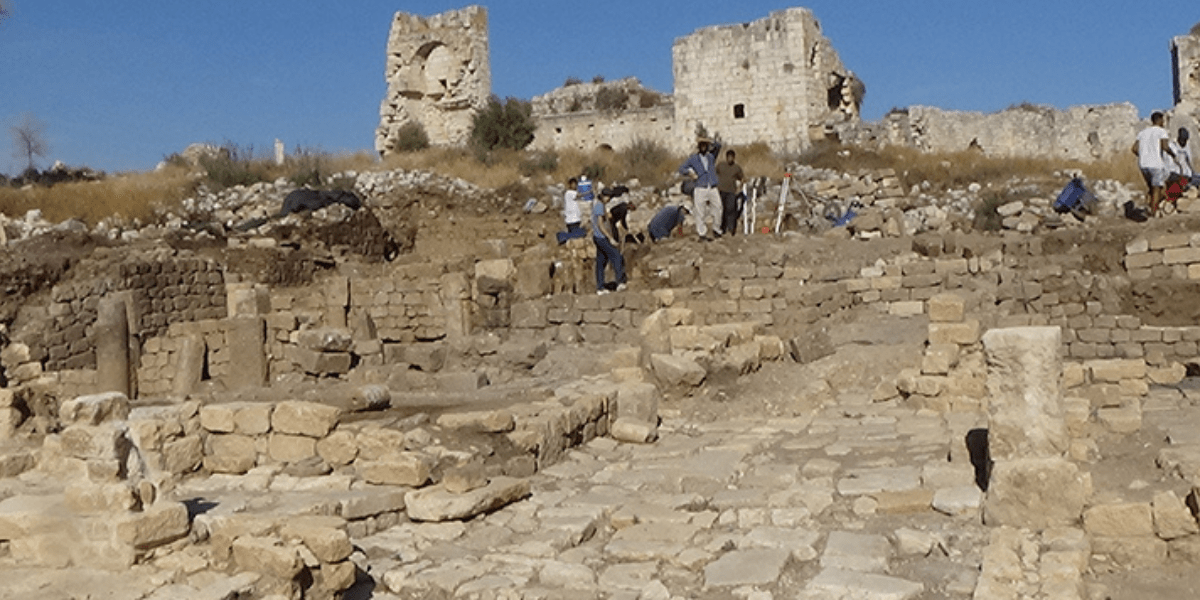
A 700-year-old medieval toilet has been uncovered in archaeological excavations in Mersin
A medieval toilet estimated to be 700 years old has been uncovered in archaeological excavations conducted at the ancient city of Korykos in Mersin. Korykos Ancient City is an important archaeological site located in the Erdemli district of Mersin, in southern Türkiye, and it has a rich history. It was established in the mountainous region
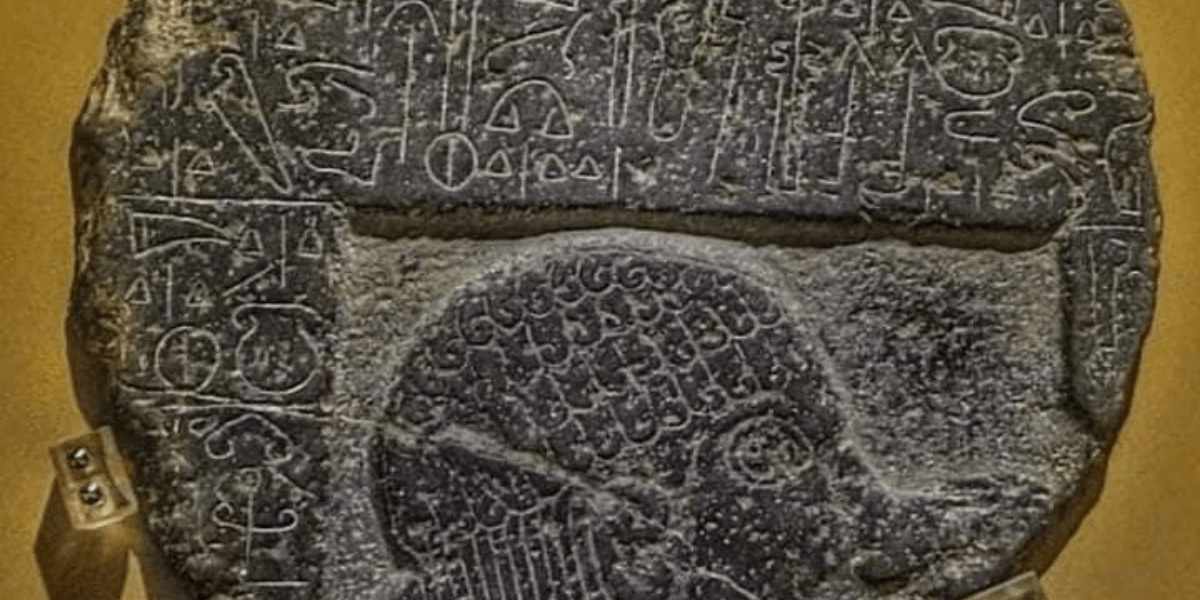
The 2,800-year-old Hittite period Andaval relief discovered at the foundation of a church
The Andaval Relief is an important historical artifact located near the village of Aktaş in Niğde Province, in the Central Anatolia region of Türkiye. It was first discovered in 1890 by W. M. Ramsey in the floor of a church approximately 9 km northeast of Niğde. The stele piece has a circular shape with a

Hieroglyph meaning “city” in the Luwian language spoken in Anatolia deciphered
A research team led by Petra M. Goedegebuure of the University of Chicago has published a groundbreaking study in the academic journal Anatolian Studies on the Luwian language for ‘city’ spoken in ancient Anatolia. In addition to providing a thorough linguistic analysis of the term in question, this study investigates the cultural and social meanings
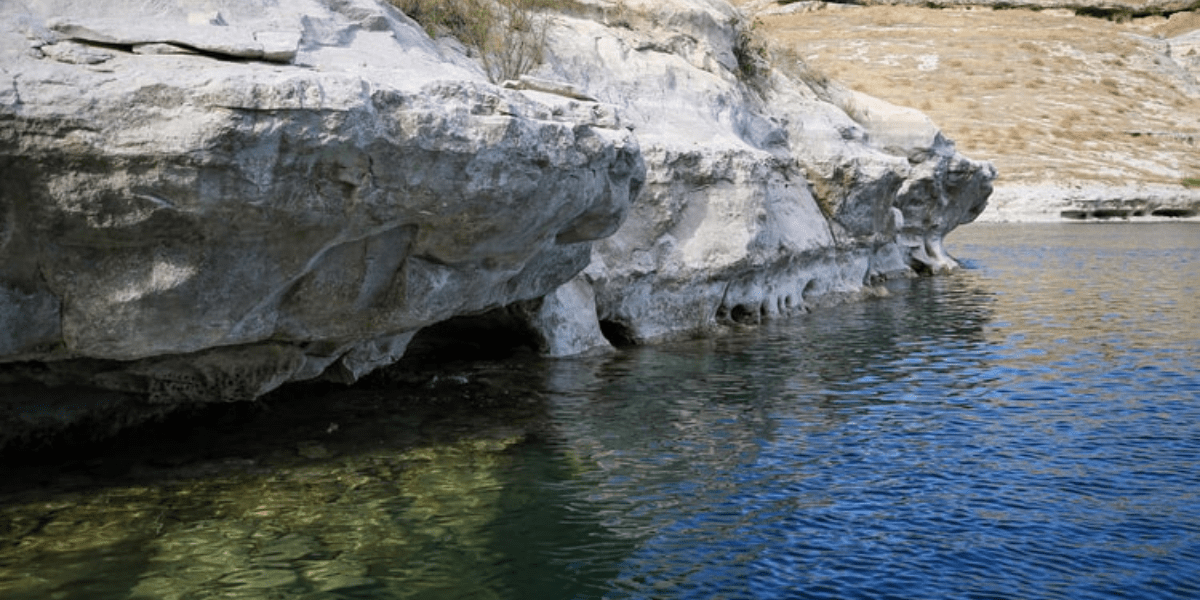
A 3,000-year-old settlement area has been discovered on the shores of the Atatürk Dam, which is built on the Euphrates River
A 3,000-year-old settlement area has been discovered on the shores of the Atatürk Dam, which is built on the Euphrates River in the Southeastern Anatolia Region. The Atatürk Dam was built between the provinces of Adıyaman and Şanlıurfa as part of the Southeastern Anatolia Project (GAP). The discovery of the settlement was made by the
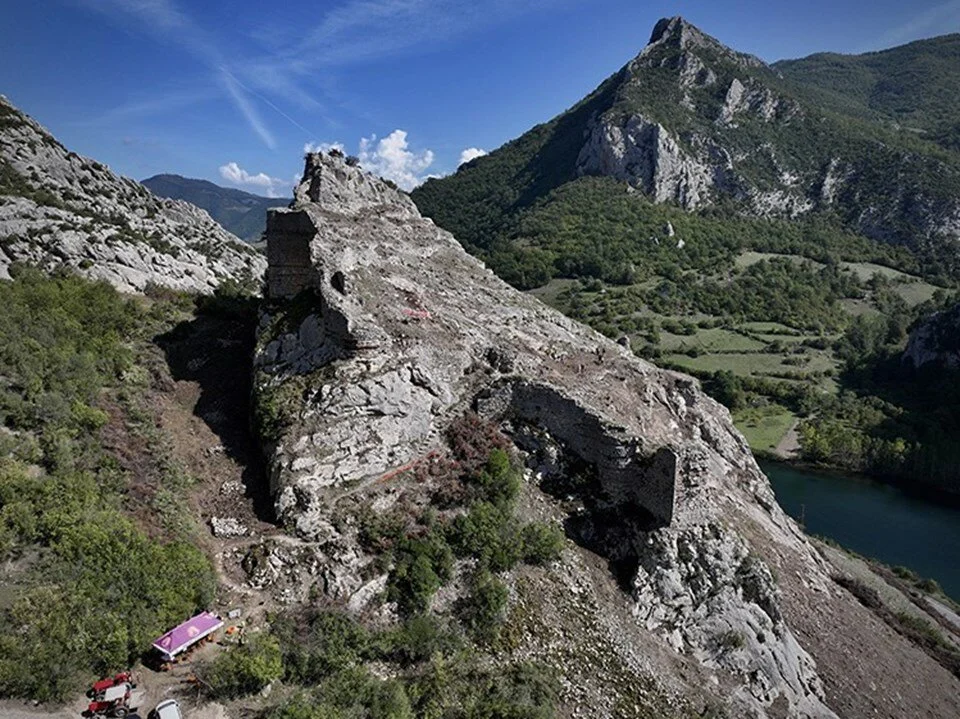
The excavations at Asarkale are expected to shed light on the history of the region from the Hellenistic period to the present
The archaeological excavations that have begun at Asarkale, located in Samsun province in Türkiye’s Eastern Black Sea region, are expected to shed light on the history of the area from the Hellenistic period to the present. Asarkale was built by King VI. Mithradates Eupator of Pontus. It is known as one of the 56 castles
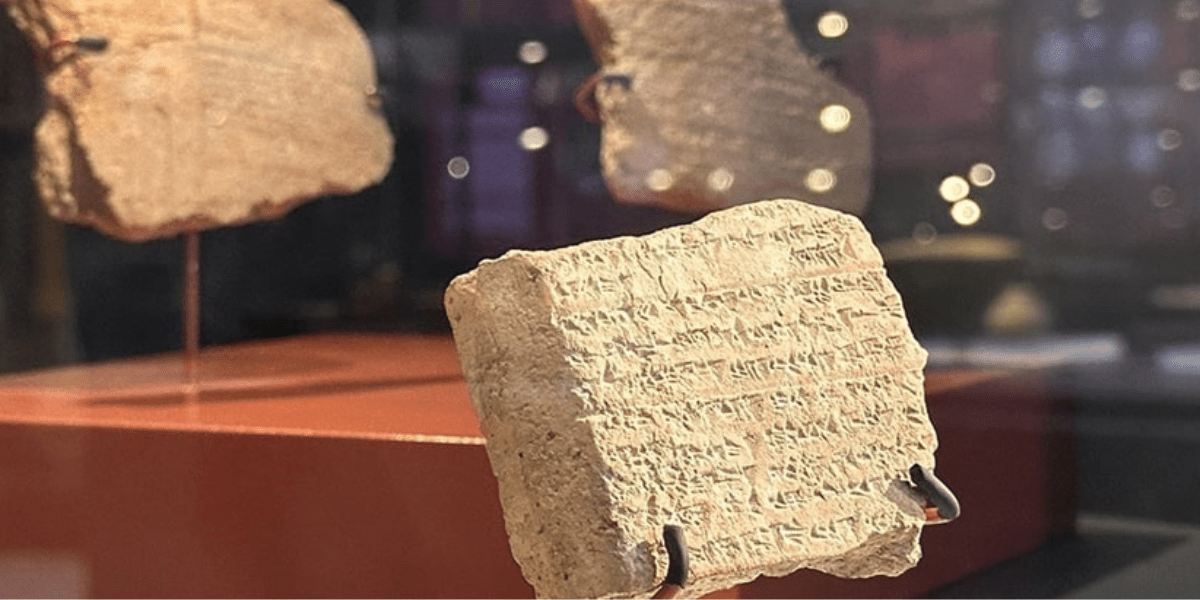
27 cuneiform tablets providing information about the sacred Hittite city of Nerik have been discovered at Oymaağaç Mound
27 cuneiform tablets providing information about Nerik, the sacred city dedicated to the Hittites’ chief god Tešup, have been discovered at Oymaağaç Mound. Oymaağaç Mound is located in the Vezirköprü district of Samsun today. Assoc. Prof. Dr. Mehmet Ali Yılmaz, a faculty member in the Department of Archaeology at Ondokuz Mayıs University and the Deputy
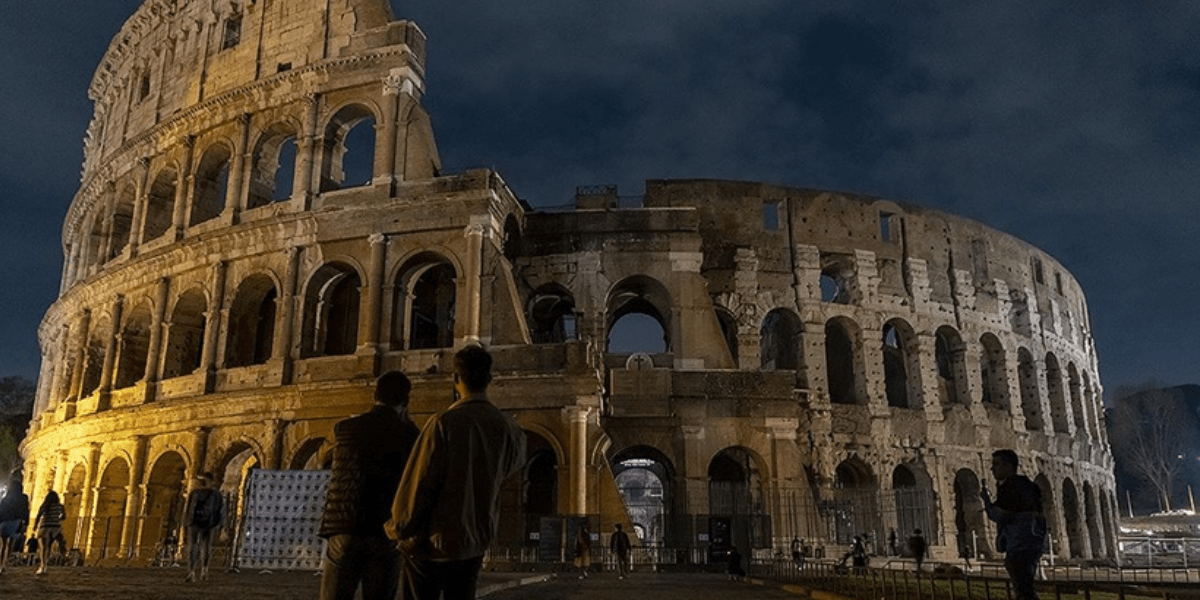
The Colosseum will host the ‘Göbekli Tepe’ exhibition
In Italy’s significant Roman structure, the Colosseum, replicas of three artifacts unearthed from the Göbekli Tepe excavations, which are referred to as the zero point of history, will be displayed in their exact stone dimensions. Additionally, a short version of the films shown at the Göbekli Tepe Visitor Center will be presented with Italian subtitles
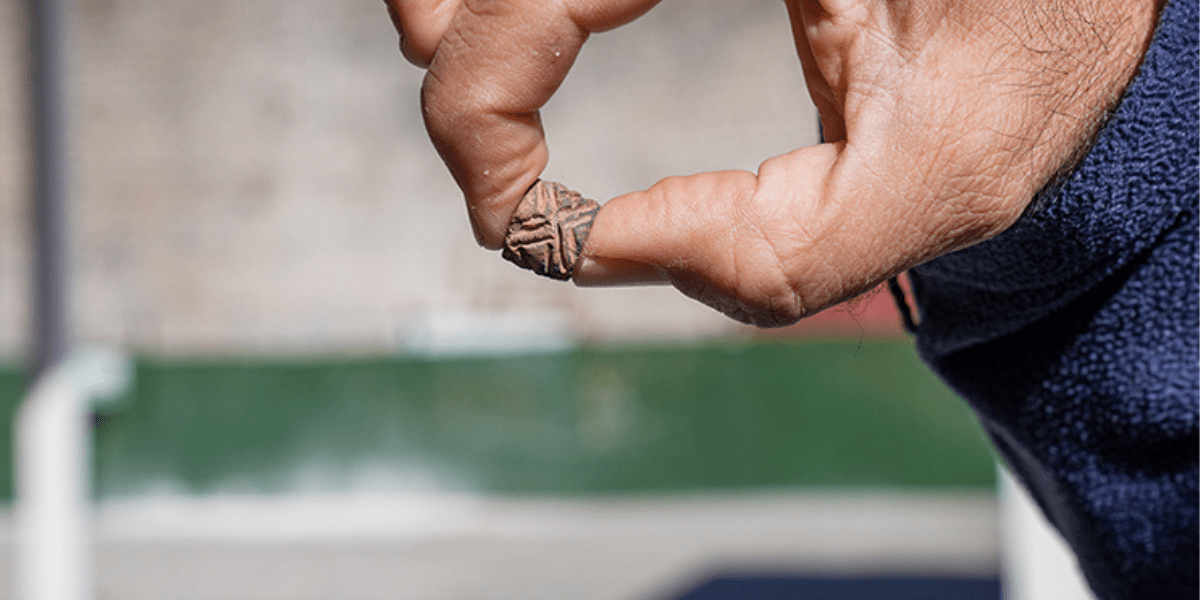
A cylindrical seal from the Late Uruk period has been found in Diyarbakır
A cylinder seal from the Late Uruk Period has been discovered in ongoing excavations at Amida Mound, located in the center of Diyarbakır. Amida Mound, with its traces of continuous settlement for 8,000 years, houses the Artuklu Palace, where the world-renowned scientist Al-Jazari lived and the first robots were created. The archaeological excavations at Amida

Scientists are examining the headless infant skeletons found in well graves in Savatra
Scientists have begun to examine the headless infant skeletons found in earthenware pots during the excavation work at the ancient city of Savatra in order to understand the lifestyle of the city during that period. The ancient city of Savatra is an important archaeological site located at the foothills of the Bozdağ Mountains in Konya,
